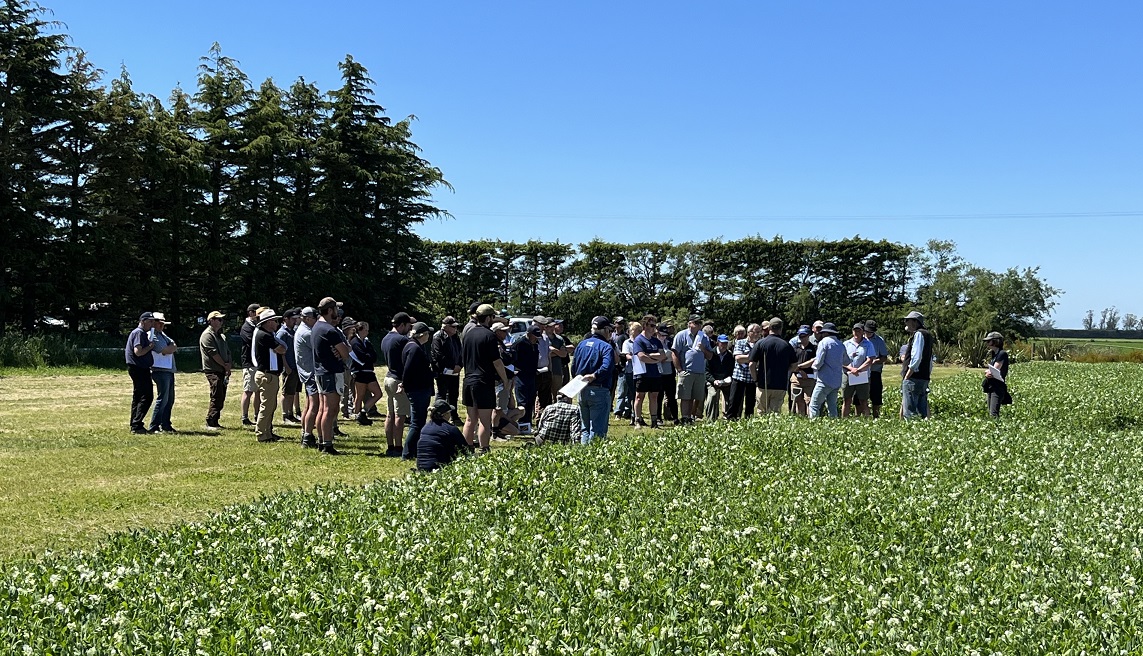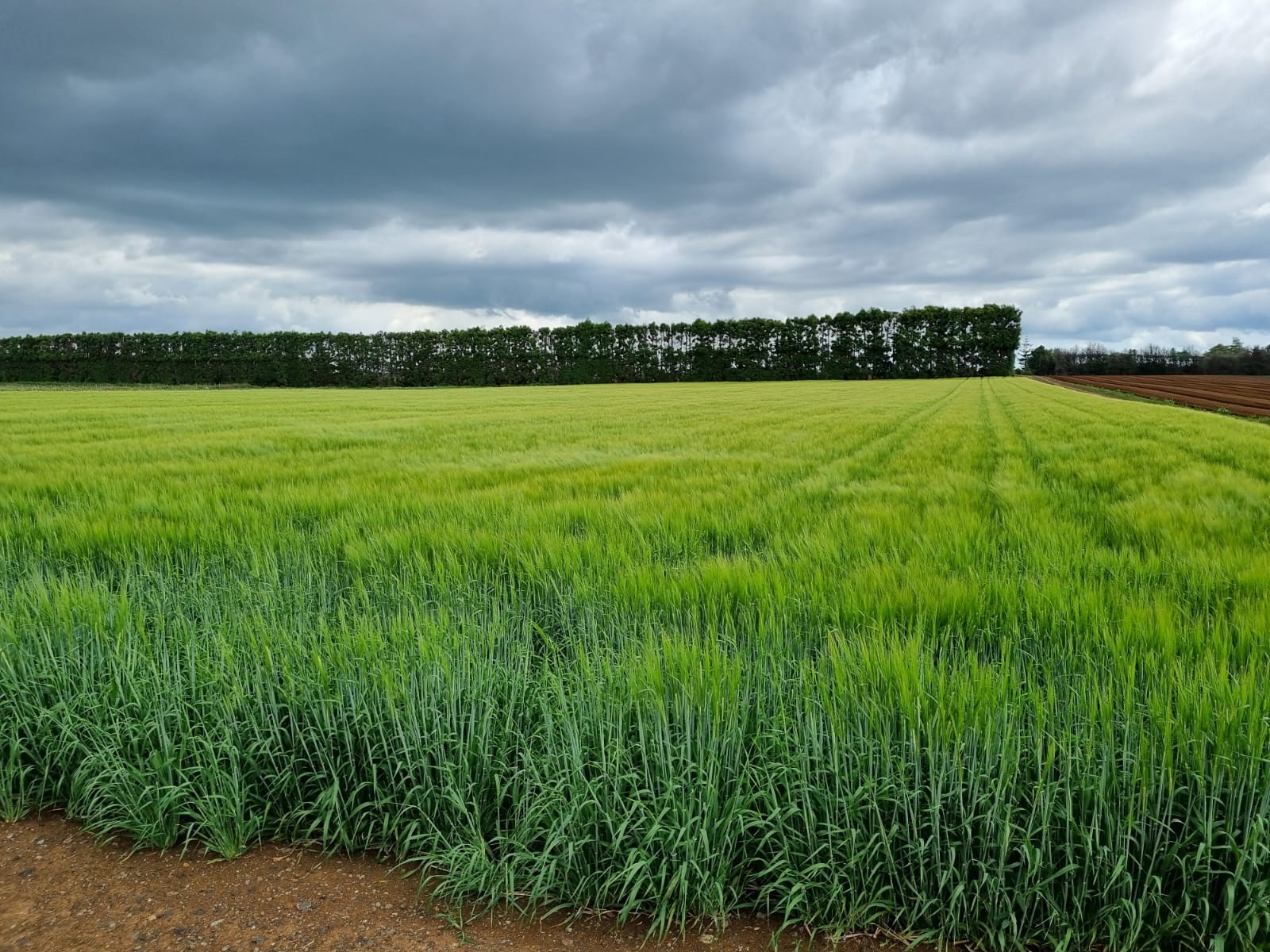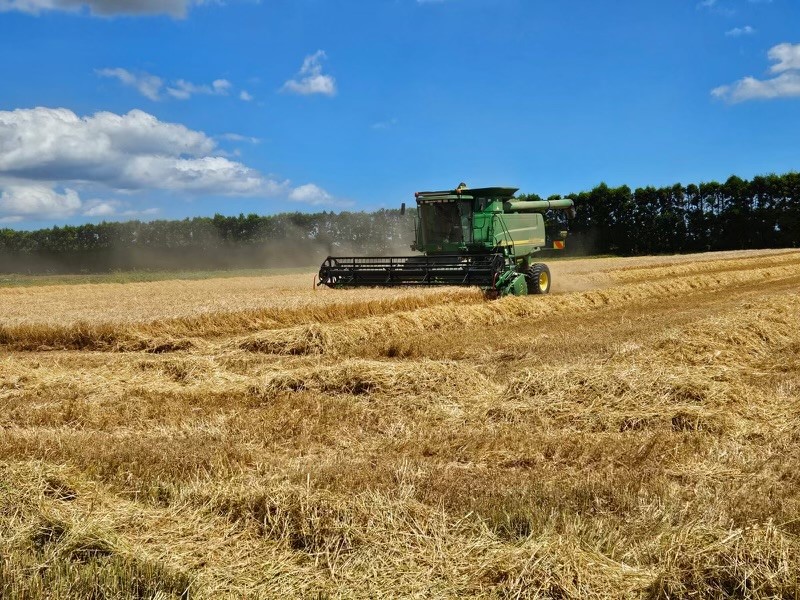On the face of it, industry bodies for arable crops, fresh and process vegetables, onions, potatoes, sheep and beef might seem strange bedfellows – but what they share are many of the same growers.
Walk onto a New Zealand mixed crop livestock farm, and you’ll find a rotation of crops from some or all of these product groups, with sheep and beef farmed alongside. As such, when product groups have grower-focused knowledge to share, it makes more sense to work together than as individuals.
Which is where A Lighter Touch (ALT) comes in. The Foundation for Arable Research (FAR), one of the 15 sector groups partnering in ALT, is highlighting the role the programme has played in fostering the relationships between its members.
Andrew Pitman, FAR’s General Manager Research, Development & Extension, says ALT provides a great avenue for product groups to connect and collaborate on ways to share knowledge, research and development with growers they have in common.
“Growers are asking for this, they have a full diary. As product groups we all see them as our own growers that we are serving, but from the grower perspective it makes sense that we connect across the industry, rather than all coming to them individually with our own separate events.”
Within the A Lighter Touch programme, four product groups have growers in common, being FAR, Vegetables New Zealand, Process Vegetables and Onions.
Andrew says one of the first examples of collaboration through the programme came when arable growers wanted to learn more about a biologicals project in peas and beans involving Heinz-Watties (Kraft-Heinz). This work also happened to be an A Lighter Touch-Process Vegetables New Zealand project, co-developed with Plant and Food Research.

Attendees at a combined FAR and Process Vegetables biologicals field day at FAR’s trial site at Chertsey, Mid-Canterbury, with a process pea crop in the foreground. Credit: FAR
“FAR also had some biological trials we were doing with the Seed Industry Research Centre, Lincoln University and AgResearch outside of the A Lighter Touch programme. Through the ALT connections, we were able to bring everyone involved together for what proved to be a very successful event involving growers, researchers and product groups.”
Another example of the collaboration being fostered by A Lighter Touch is occurring at the programme’s demonstration farm in Pukekohe, a partnership with Vegetables New Zealand, Onions New Zealand, and now involving FAR.

The barley crop at the Pukekohe demonstration farm. Credit Andrew Luxmoore.
Barley is being used at the demonstration farm as a rotation crop. With FAR not having any of its own trial sites in the Pukekohe area from which to share knowledge with local barley growers, the crop at the demonstration farm provided an opportunity to gain local knowledge. The planned approach was to work with agronomists at the demonstration farm, applying FAR’s barley agronomy research from other parts of New Zealand to help maximise crop productivity and support management to mitigate against diseases.
Having gathered information across the course of the most recent season, FAR found the management of the barley crop at the demonstration farm is providing an exemplar for other growers in the area, showcasing good agronomic decisions which are improving crop production.
The crop yielded 5.8t/ha, reaching expectations for the season after planting late and getting hit by bird damage. “If we could raise yield even by 1 t/ha then barley would provide a more profitable option as a rotation crop in the region.”

Barley harvest at the Pukekohe demonstration farm. Credit Olivia Prouse.
In the coming season FAR will also be looking at cultivar choices in terms of how genetics can contribute to both increased production and play a role in disease tolerance.
For FAR the collaboration with other sector groups that has been fostered through the A Lighter Touch programme is now the new business as usual – “the way of the future.”
“We’re looking to take a bigger picture approach, connecting where possible with the vegetable industry and other sector groups with whom we have growers in common to deliver events, and to share research and knowledge for the benefit of our growers and their entire farming operation.”